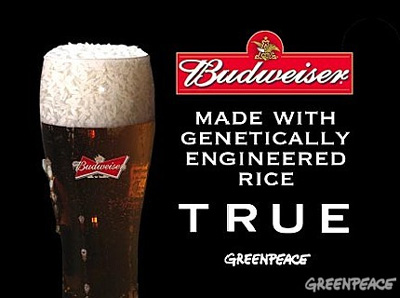Today is the 74th anniversary of the repeal of national Prohibition in the United States. Bob Skilnik has, naturally, the most complete account at his Beer In Food blog. His piece is called “National Prohibition; Its REAL Anniversary” and goes into great detail about the history swirling about at that time. It’s definitely worth a read.
In addition, Eugene, Oregon bartender Jeffrey Morgenthaler has been leading an effort to make December 5 a holiday and he’s also set up a Repeal Day website. And Dewar’s is also running a Repeal Day promotion to celebrate the day (and sell some whisky, of course). Seems like a good idea to me, we can never have too many holidays to remind us what a bad idea Prohibition was, especially with the neo-prohibitionists of today trying so hard to bring about another one.
Revelers enjoying the repeal of Prohibition in 1933.










